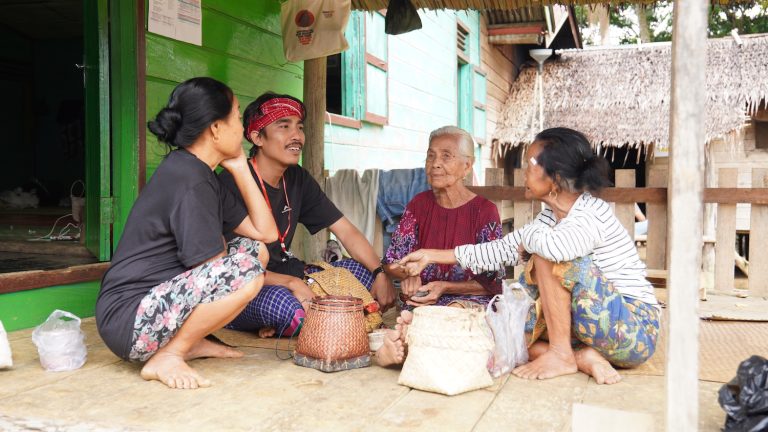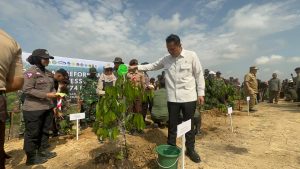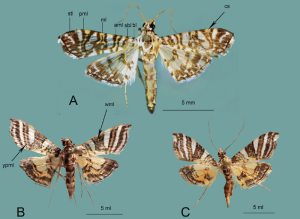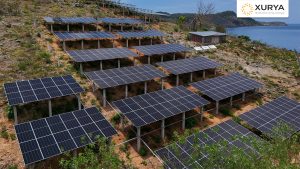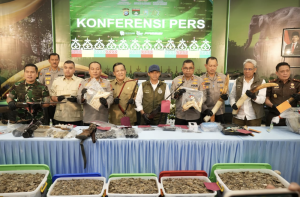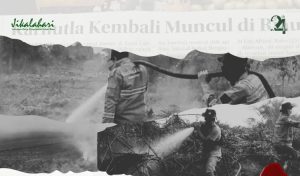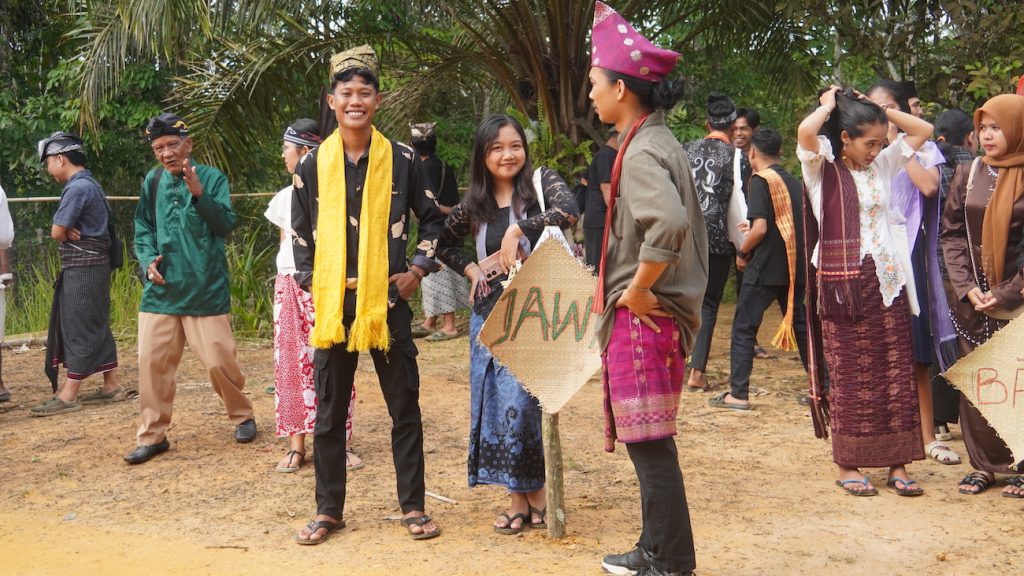
Jakarta — At the recent Global Youth Forum (GYF) held in Bali, more than 50 young leaders from 27 countries across Asia, Africa, and Latin America gathered for intergenerational dialogue with elders and human rights defenders. The event highlighted the crucial role of Indigenous youth in preserving biodiversity and promoting climate justice.
“Indigenous wisdom not only maintains harmony between humans and nature, but also opens opportunities for sustainable economies, such as local food systems, non-timber forest products, and traditional crafts,” Cindy Yohana from Barisan Pemuda Adat Nusantara (BPAN) said in a statement on Friday, October 3.
Once overlooked in decisions about forests, rivers, and ancestral lands, Indigenous youth are now stepping onto the global stage to demand a seat at the table in shaping the planet’s future.
Toward COP30 in Brazil
The messages from Bali will soon reach the world’s biggest climate forum, COP30 in Brazil this November, where Indigenous youth plan to push for meaningful participation in shaping global climate policies.
“With the tropical forests of Indonesia being the third largest in the world, our voices are urgent,” said Hero Aprila, Chair of BPAN. “As the younger generation, we must not only join discussions, but actively influence decision-making at the highest levels”.
Globalisation continues to pose significant threats to Indigenous communities. Funa-ay Claver of the Asia Young Indigenous Peoples Network (AYIPN) highlighted land rights violations and forced evictions driven by corporate expansion, while Elnathan Nkuli from the Democratic Republic of Congo noted illegal logging and mining in Indigenous territories.
Yet globalisation also offers opportunities through education, international networks, and digital tools to showcase cultural identity. “Technology helps us show the world how we hunt, harvest honey, or farm as part of our cultural identity,” Hero said.
Education and empowerment
BPAN and its parent organisation, AMAN, are building Indigenous schools across Indonesia to transfer traditional knowledge from elders to younger generations. Lessons take place in forests, rivers, and mountains, where community members serve as teachers in weaving, hunting, and sustainable farming.
Similar initiatives are happening globally. In the Congo, training programs for Indigenous women have reduced deforestation by 40% through improved charcoal production techniques, while AYIPN has launched the “Indigenous Lands in Indigenous Hands” campaign to unite Indigenous youth worldwide in reclaiming their rights and protecting resources.
Through exchanges, joint campaigns, and regional advocacy, BPAN and other networks are strengthening Indigenous youth leadership and solidarity. “Collaboration allows us to learn strategies for protecting culture and defending ancestral lands, while facing global crises like climate change and land grabbing,” Cindy added. (nsh)
Banner photo: Indigenous youths exchanging stories with elders (Source: BPAN)

